What Causes Skin Inflammation and How Do You Treat It? The Experts Weigh In



Ashley Locke


Photo by Connect Images / Getty Images
The term “skin inflammation” gets thrown around all the time when you’re talking about everything from psoriasis and eczema to rashes and infections. It’s sort of a blanket term that describes various skin issues, but there has to be more to it than that, right? You are, in fact, correct.
Whileskin inflammation covers plenty of ailments, there is plenty to consider when it comes to how it manifests and ways to treat it.We went straight to the experts to dig deep below the surface so we could help you (and ourselves!) better understand what skin inflammation is, its negative side effects, and more. Discover what the experts had to share on the matter below.
It's about glam time you treated yourself.
Join IPSY

MEET THE EXPERT
Joelle O’Connor is a licensed esthetician with over two decades of experience working with top cosmetic practices throughout New York and New Jersey.
Allissa Warneke is a licensed esthetician and makeup artist who combines her expertise with a genuine passion for sharing beauty tips and glimpses into her everyday life.
Emme Diane Burg is a licensed esthetician and the founder and CEO of EMME DIANE.
What Exactly Is Skin Inflammation?
Skin inflammation is often known to be some sort of irritation manifesting itself on your complexion, but did you know it is your body’s response to protecting your skin barrier? “Skin inflammation is your skin’s natural immune response to a trigger (like allergic reactions or bacterial infections), trying to protect and heal itself as a protective mechanism to irritation, damage, or stress,” says esthetician and makeup artist Allissa Warneke. The medical term for skin inflammation is dermatitis, “which is the body’s immune system response to a perceived threat to the skin, such as intrinsic internal inflammatory responses, allergens, irritants, or infections,” adds esthetician Joelle O’Connor
Inflammation shows up as numerous skin conditions, from itchiness and redness to dry skin and pimples. It often displays differently on everyone, especially depending on what is causing the skin irritation. “Sometimes it’s a short-term flare, and other times it’s the root cause behind ongoing skin concerns,” says Warneke.
Esthetician Emme Diane Burg points out that both the environment and your genetics can play a factor in the causes of skin inflammation. “Those with sensitive or acne-prone skin may be genetically predisposed to a more reactive skin barrier. However, environmental triggers, such as UV exposure, pollution, harsh skincare products, over-exfoliation, and even stress or diet can all provoke or worsen inflammation.” Let’s dive more into that below.
The Negative Side Effects of Skin Inflammation
Skin inflammation can not only be unsightly, but there are a number of ways it can also impact the short-term and long-term health of your skin. When it comes to skin issues and how inflammation manifests, Burg emphasizes that inflammation exacerbates conditions like acne, rosacea, and eczema. Prolonged acne can lead to scarring that is harder to get rid of, Warneke tells us. She even notes that extended skin inflammation can leave you feeling as though your skincare products no longer “work” for your skin. Let this be a lesson to not let irritated skin go untreated by a dermatologist or healthcare provider.
Chronic inflammation is a cause of premature aging, according to Burg. “When inflammation becomes chronic, it accelerates skin aging and impairs the skin’s ability to repair itself,” she says. “This can lead to persistent redness, increased sensitivity, weakened barrier function, breakouts, hyperpigmentation, and even premature fine lines and wrinkles due to the breakdown of collagen and elastin.”
O’Connor mentions the mental health impacts prolonged skin inflammation can have, saying “Continued moderate to severe symptoms like redness, itching, burning, and pain can cause negative physiological and psychological effects on someone’s well-being. For example, if you are constantly itching and scratching your skin, that can completely disrupt your sleep or stop you from engaging in daily activities.” Again, skin inflammation isn’t something to take lightly. Even if the affected area clears itself up within a few days, be sure to see a licensed professional who can help you dig deeper to understand the causes of your inflammation and stop it at the source.
Determining Whether or Not Your Skin Is Inflamed
O’Connor notes that the first sign of skin inflammation is often redness. “This may be accompanied by blisters, raw or cracked skin, flaking, thickened patches or areas of the skin, and potentially swelling,” she says.
But that’s just the start of how to know if your skin is inflamed or not. “Inflamed skin often feels warm, looks red or puffy, and may feel tight. There is also often flaking, sensitivity, breakouts, or a burning sensation,” says Warneke, about what to look out for. She tells us that when she is with a patient in the treatment room, she will often notice “inflamed skin tends to lose its glow, it can look more dull, dehydrated, or textured even if there’s no obvious rash or breakout.” Yet another reason to visit a professional.
Burg says another giveaway is if skin products that once worked wonders are starting to sting or cause flushing, “it’s a strong indicator that the skin is inflamed or sensitized.”
10 Expert-Approved Tips to Treat Skin Inflammation
1. Keep It Cool
For times when your complexion is inflamed or you’re experiencing a skin rash that feels warm, reach for some ice. Burg recommends using a cool compress on your face to cool things down. Even running the ORA Facial Cooling Ice Globes over skin infections to relieve some of the heat works wonders.
2. Apply Soothing Creams and Lotions
O’Connor recommends starting with creams and lotions, especially for those with dry skin disorders. “Look for ingredients such as colloidal oatmeal, aloe vera, centella asiatica (aka cica), and calendula to help calm inflammation and soothe the skin,” she suggests. Start with UNPA Lacto Cica Soothing Toner on any type of irritation or redness to soothe, comfort, and calm reactive skin, then, follow with a rich, reparative moisturizer. We love FIRST AID BEAUTY Ultra Repair Cream to help relieve dry, distressed, and even eczema-prone skin.
3. Spot Treat Around Your Inflammation
When it comes to breakouts, Burg is a fan of spot treatments. “Use non-inflammatory spot treatments with sulfur and salicylic acid, rather than drying or picking at blemishes,” she shares. The MURAD Rapid Relief Acne Spot Treatment takes down zits with 2% salicylic acid, all while being dermatologist-approved.
4. Repair Your Skin Barrier
The experts recommend incorporating barrier-repairing skincare products into your routine to repair your skin barrier. Warneke says to use “mainly calming ingredients like niacinamide, aloe vera, green tea extract, panthenol, squalene, and fulvic acid.” We like to add DR.JART+ Ceramidin™ Skin Barrier Moisturizing Face Mask into our skincare routine when we notice our complexion needs some extra TLC. Packed with ceramide NP and panthenol, it replenishes dry skin, relieves tightness, and boosts the skin’s barrier for eight hours.
5. Use Topical Hydrocortisone
“Hydrocortisone cream can help reduce inflammation and itching,” says O’Connor, who stresses it is not meant to be used long-term. “If, after two weeks of using an over-the-counter 1% hydrocortisone ointment, you have not experienced relief, you should seek the care of a dermatologist” to build a better treatment plan.
6. Try Antihistamines
Sometimes you need something a little stronger than skincare to minimize skin inflammation, which is why O’Connor recommends over-the-counter antihistamines, like Claritin or Allegra, to help relieve itching and reduce inflammation. Be sure to consult a professional before taking any oral medications that aren’t prescribed by a doctor so they can use your medical history to assess if an antihistamine is right for you.
7. Avoid Exfoliation
There’s often the temptation to exfoliate when you have dry skin, but that can sometimes do more harm than good when you’re dealing with skin inflammation. All the pros say to stay away from over-exfoliating your complexion. “Limit the use of harsh scrubs or too many active ingredients (like acids and retinoids used together), as they can further disrupt the skin barrier,” says Burg.
8. Wear Sunscreen
“Daily SPF is non-negotiable,” Burg emphasizes. We couldn’t have said it better ourselves. When you’re dealing with sensitive skin, you need to wear sunscreen every. single. day. You cannot and should not leave the house without it. The EVEREDEN SPF50 Premium Mineral Sunscreen is a sheer, lightweight SPF that blocks out UV rays for all-day hydration that will not only protect but soothe your skin.
9. Limit Stress
We know, we know—this is way easier said than done. However, if you want to avoid skin inflammation, you should limit stress. “Stress can exacerbate inflammation and cause flares, so it is important to manage your stress levels by incorporating home remedies such as meditation and deep breathing,” says O’Connor. Warneke also recommends getting plenty of sleep to help calm inflammation at the root.
Our secret weapon against everyday stressors is the AROMATHERAPY ASSOCIATES De-Stress Mind Roller Ball, which offers therapeutic relief in an instant. And when we can’t sleep, spritzing the THIS WORKS Deep Sleep Pillow Spray on our pillow aids us in falling into a deep slumber instantly.
10. Adjust Your Diet
It’s not enough to focus on what you put on your skin, you need to think about what goes in your body. Start by incorporating “lots of colorful fruits and vegetables, omega 3s, and antioxidant-rich foods” into your daily diet, says Warneke. She also recommends limiting “processed foods and added sugars, which can quietly feed inflammation beneath the surface.” And, of course, Warneke recommends drinking plenty of water to help your skin heal from the inside out.
Heal Skin Inflammation, Heal Everything Else
Skin inflammation isn’t just what it looks like, often acting as a signal that something else is going on with your body as a whole. “In my experience as an esthetician, inflammation is often the hidden thread tying so many skin concerns together,” Warneke reminds us. By digging deeper to understand what you’re dealing with, you can stop the inflammation and any other health issues. “Inflammation doesn’t always scream at you—it can be subtle, lingering under the surface as dullness, rough texture, or increased sensitivity,” says Burg. “That’s why it’s important not just to treat visible symptoms, but also to prevent inflammation from occurring in the first place.”
While you may want to stop using your supplements once your skin appears to be better, the key is to keep it up. “One of the most important things to remember with skin inflammation is following a consistent regimen once you or your medical provider has determined what is causing your inflammation,” O’Connor says. “It’s easy to deviate away from what is working when we start to feel better or see improvement in our skin, but it is even more important to stay the course for long-term relief.”
Keep your itchy skin, dryness, and other skin infections at bay by continually following a derm-approved routine. Other medical conditions may be healed in the process, too.
Liked this post? Share!
Related Stories


Skin
Everything You Need to Know About Lymphatic Drainage Massage—And How to DIY One
Published on Feb 24, 2026 • 4 min read


Skin
I Tried Glow Recipe’s New Toner Pad Collection and My Skin Has Opinions
Published on Feb 24, 2026 • 5 min read


Skin
Save These 7 Tips for Your Best Spring Break Beauty Routine
Published on Feb 24, 2026 • 4 min read
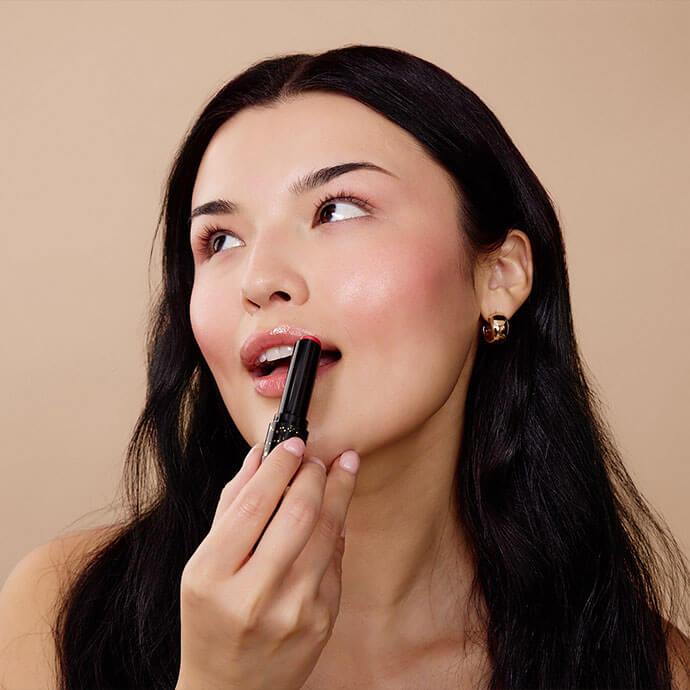
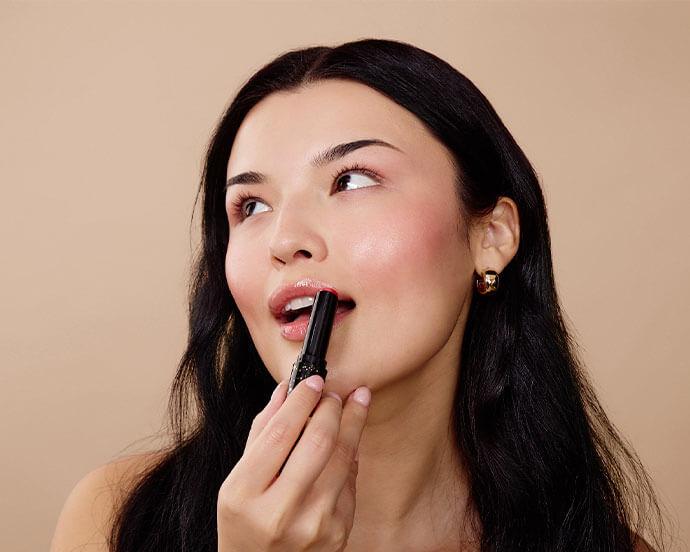
Skin
The Hydration Sandwich Trend Will Save Your Dry Lips
Published on Feb 24, 2026 • 4 min read


Skin
Why a Meditative Facial Changed the Way I Think About Skincare
Published on Feb 24, 2026 • 6 min read
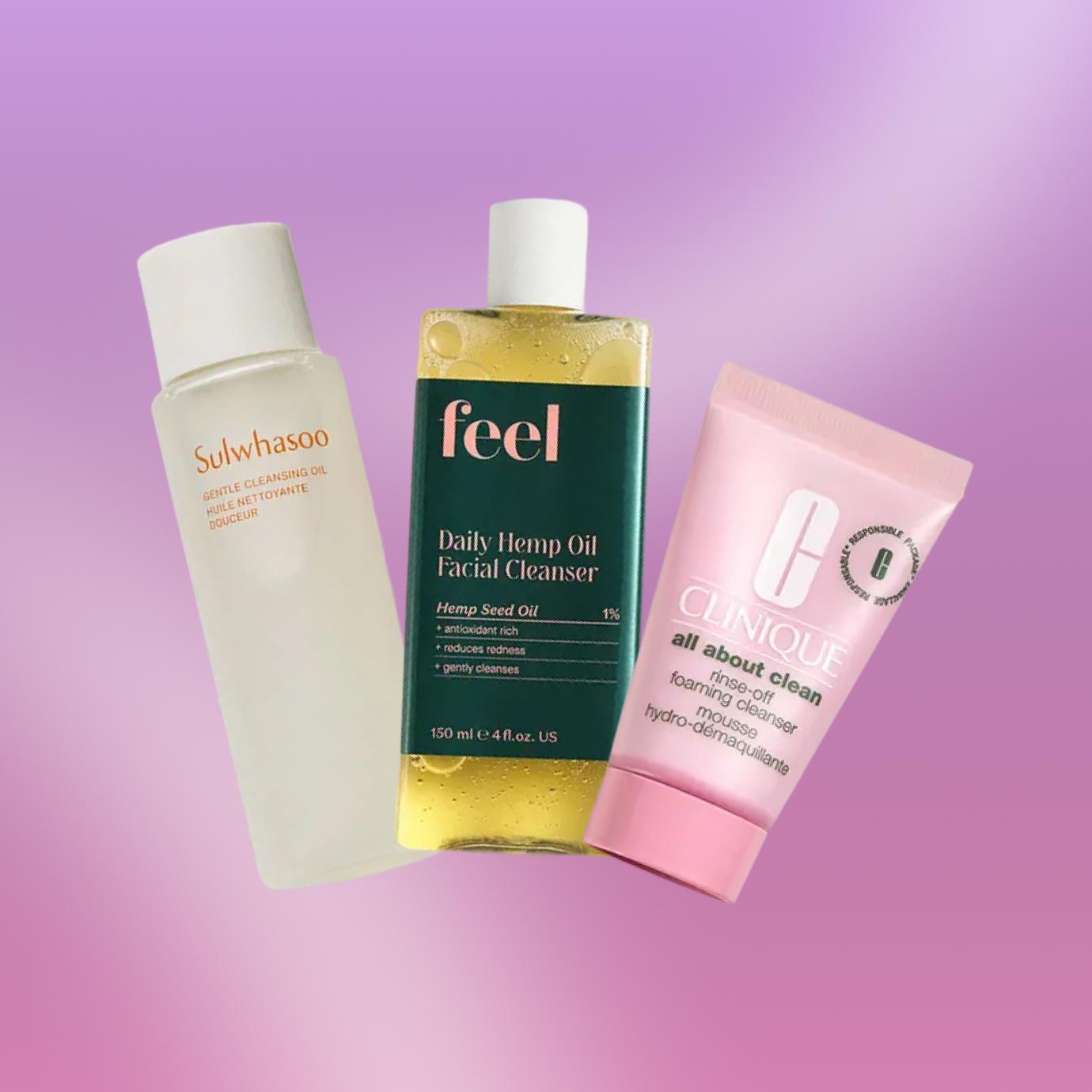
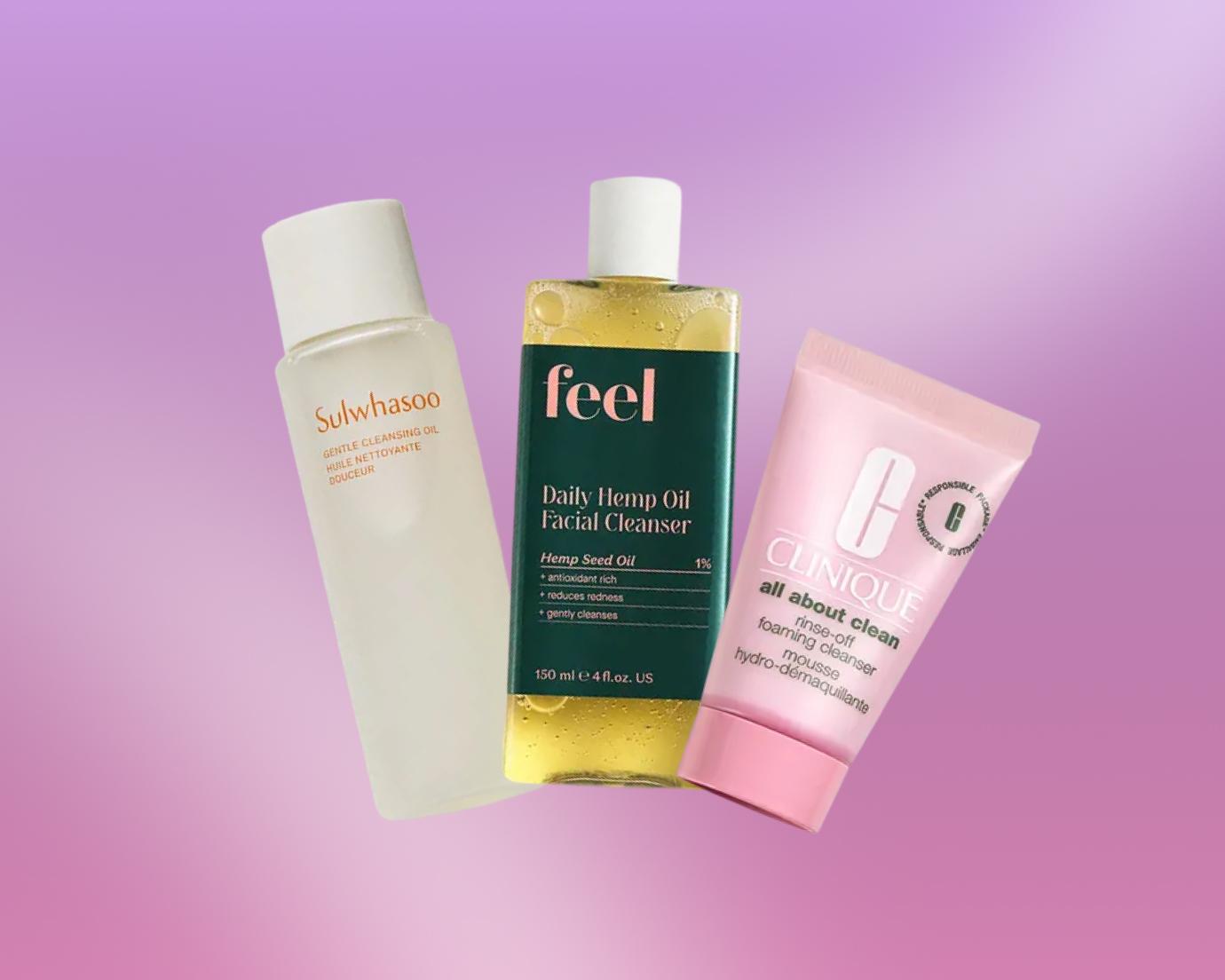
Skin
Is Double Cleansing Worth It? Dermatologists Break Down the Trendy 2-Step Wash
Published on Feb 23, 2026 • 5 min read
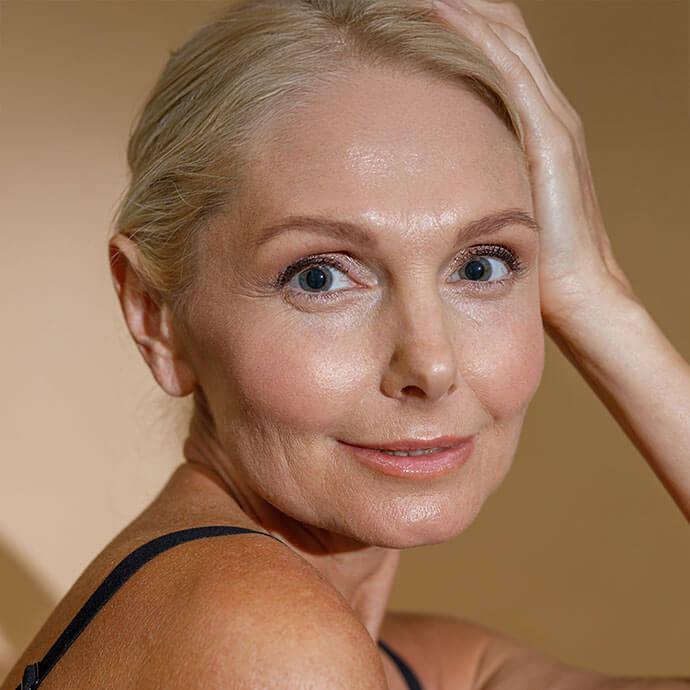
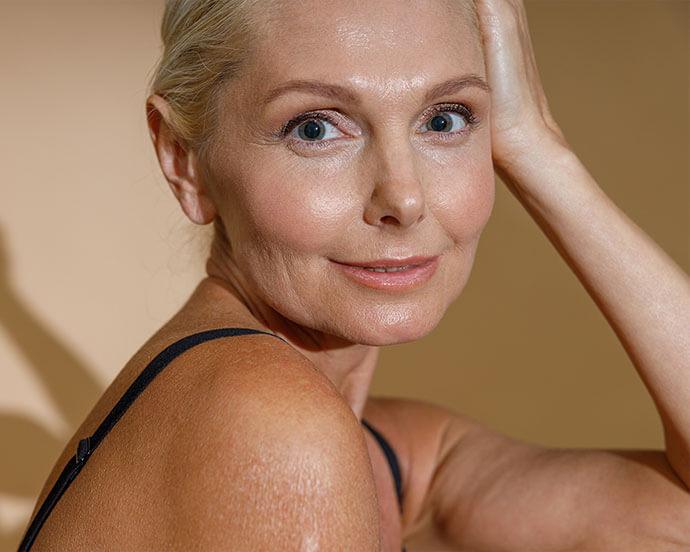
Skin
This Is How People Are Using Retinol Without Peeling
Published on Feb 3, 2026 • 5 min read

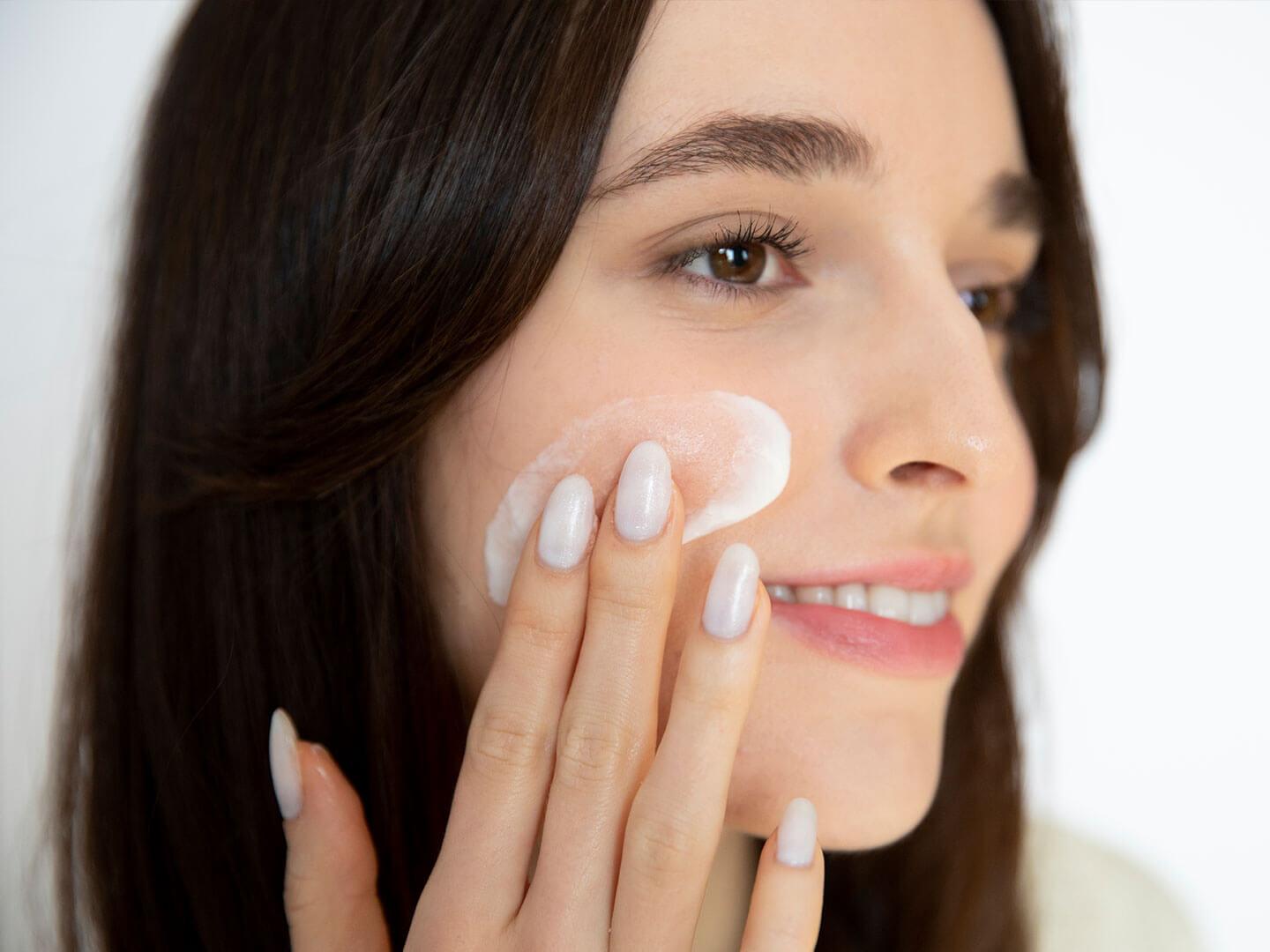
Skin
The 10 Best Barrier Creams for Every Skin Type
Published on Oct 10, 2024


Beauty Picked Just for You
Get 5 products worth up to $70
Plus exclusive access to epic deals up to 80% off
Starting at just $14/month. Cancel anytime.